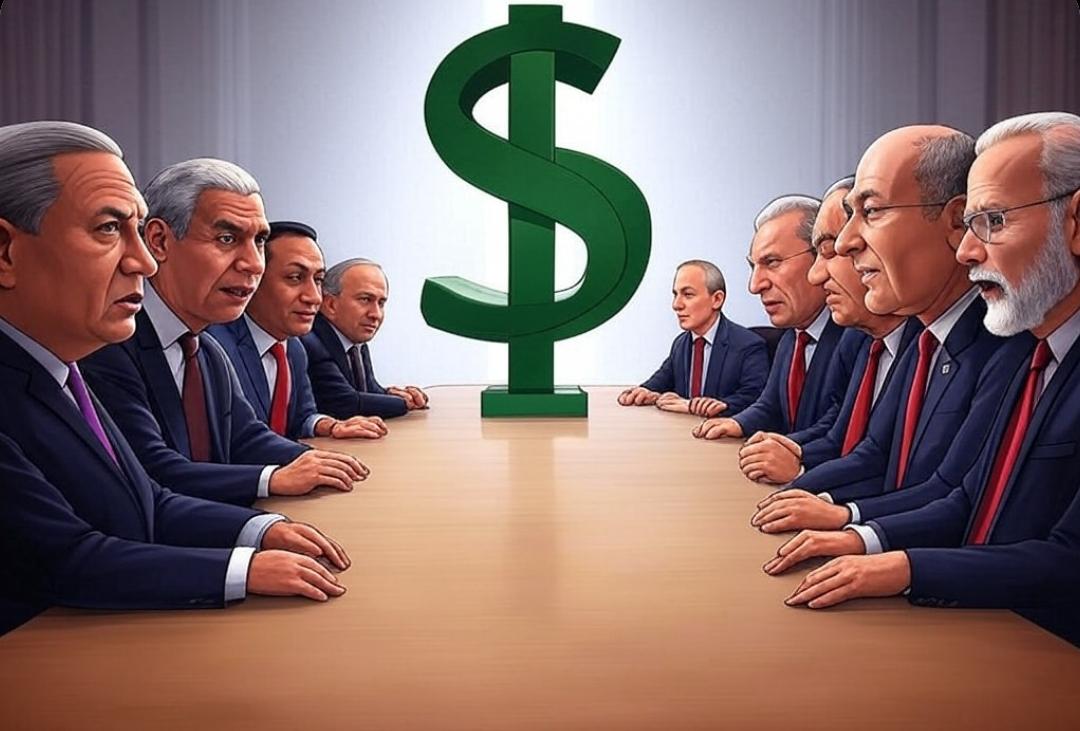
In a bold declaration, Brazilian President Luiz Inácio Lula da Silva reaffirmed BRICS' commitment to reducing reliance on the U.S. dollar for global trade. Speaking at a high-level economic forum, Lula emphasized that threats from U.S. President Donald Trump, including potential tariffs, will not deter the group's efforts to establish alternative payment platforms.
BRICS’ Dedication to De-Dollarization
The BRICS bloc—comprising Brazil, Russia, India, China, and South Africa—has long advocated for a more multipolar financial system. In recent years, these nations have actively sought alternatives to the U.S. dollar to conduct trade and settle international transactions. Lula’s latest remarks indicate that BRICS is ramping up its strategy, despite geopolitical tensions.
"BRICS is determined to find ways to trade and invest without depending on the U.S. dollar. No threats or economic pressures will change our course," Lula asserted during his speech.
This statement comes amid reports that BRICS members are exploring the expansion of cross-border payment systems using local currencies, blockchain-based financial infrastructure, and the BRICS Contingent Reserve Arrangement (CRA) to reduce exposure to Western financial institutions.
Trump’s Tariff Warning and U.S. Reaction
President Trump, who returned to office in January 2025, has been vocal about protecting the dollar’s global status. His administration recently hinted at imposing tariffs on certain BRICS economies if they accelerate de-dollarization efforts.
"The U.S. economy is strong, and any attempts to undermine the dollar will be met with firm action," Trump warned in a recent press conference.
Despite these warnings, BRICS leaders remain undeterred. China and Russia have already made significant progress in reducing dollar dependence through yuan-ruble trade agreements. India, too, has explored rupee-based trade settlements with key partners.
The Future of Global Trade Without the Dollar
The push for a new financial architecture is gaining momentum, with BRICS+ expansion bringing in more nations eager to diversify their trade mechanisms. Experts suggest that the success of this movement could redefine global trade dynamics, challenging the long-standing dominance of the U.S. dollar in international finance.
As geopolitical tensions rise, the battle over currency dominance is set to intensify. Will BRICS succeed in reshaping the global financial system, or will the U.S. counteract with stronger economic measures? The coming months will be crucial in determining the future of international trade.




